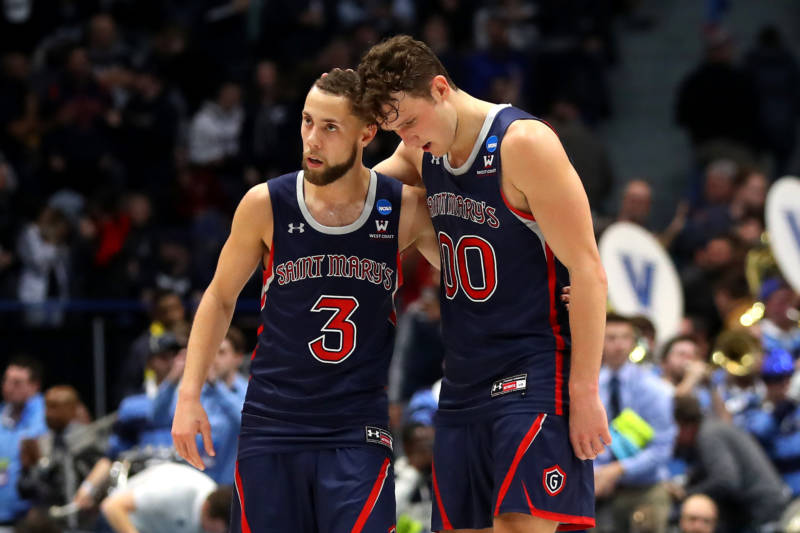SB 206, also known as the “Fair Pay To Play Act,” would prohibit California’s 24 public and private colleges and universities that participate in Division I sports from preventing student-athletes from signing sponsorship deals and being paid directly for the use of their name, image or likeness. It would also prohibit schools from revoking a scholarship from a player who received outside compensation.
“It is a multibillion dollar business,” Skinner said. “Our higher education institutions are making lots of money off the talent of these athletes, as well as the media, commercial entities and, of course, the NCAA. And yet the students themselves? Nothing.”
Skinner characterizes the bill as giving college athletes a chance to function similarly to Olympic athletes, who are allowed to receive compensation through corporate sponsorship deals.
Because the NCAA is a national organization and Skinner’s legislation would apply to California schools, it remains unclear what exactly would happen if the bill were signed into law.
Stanford Law Emeritus Professor and former National Labor Relations Board Chairman William B. Gould said even if Skinner’s bill made it through the Legislature and was signed into law, it likely wouldn’t have any immediate impact.
“We’ll certainly see legal challenges,” he said. “And generally the courts have been, in a variety of contexts, quite deferential to the NCAA.”
In 2009, a former UCLA basketball player filed a class-action lawsuit against the NCAA, claiming student-athletes should be paid for the commercial use of their images. A federal judge in Oakland ruled in favor of the plaintiffs in 2014, finding the NCAA’s amateurism rules violated antitrust laws.
The 9th U.S. Circuit Court of Appeals upheld the decision a year later, but overturned the judge’s decision that schools be allowed to pay student-athletes up to $5,000 a year.
Skinner noted that some schools in the state have expressed hesitancy over the measure, worrying that the NCAA would penalize them for allowing student-athletes to receive monetary compensation. But she said she’s confident that wouldn’t happen.
“Look how big the market of California is,” she said. “Look how many colleges we have and how many teams we have that participate in the NCAA. Is the NCAA really going to kick all of California out? I doubt it.”
Skinner also said she hopes the tension that her legislation might cause between the NCAA and California colleges would spark change at the national level.
“It will be catalytic,” she said. “This is how we’re going to get the NCAA to change and to treat athletes fairly.”
But Stanford’s Gould says it would take “internal pressure” for the NCAA to change its policies on amateurism and student-athlete pay. And that pressure, he claims, would have to come either from a successful antitrust case against the organization or from the unionization of college athletes.
Neither of those efforts are likely to be fruitful under the Trump administration though, according to Gould.
“The relevant administrative agencies are not going to allow it to happen,” he said. “They’re not going to regard student-athletes as employees within the meaning of labor law.”
The NCAA did not respond to a request for comment on Skinner’s legislation and did not answer questions about how it might respond if the bill were to become law.
Earlier this month, U.S. District Court Judge Claudia Wilkens — the same judge who oversaw the previous class-action lawsuit against the NCAA — ruled in another federal antitrust lawsuit that student-athletes should be permitted to receive compensation from schools beyond their current athletic scholarship, but only if the benefits are tied to education.
While technically a victory for student-athlete compensation, the ruling would in essence allow the NCAA’s no-pay rules to remain in force.
“The court’s decision recognizes that college sports should be played by student-athletes, not by paid professionals,” said NCAA chief legal counsel Donald Remy in response to Wilkens’ March ruling. “The decision acknowledges that the popularity of college sports stems in part from the fact that these athletes are indeed students, who must not be paid unlimited cash sums unrelated to education.”
Reporting from the Associated Press was used in this report.

